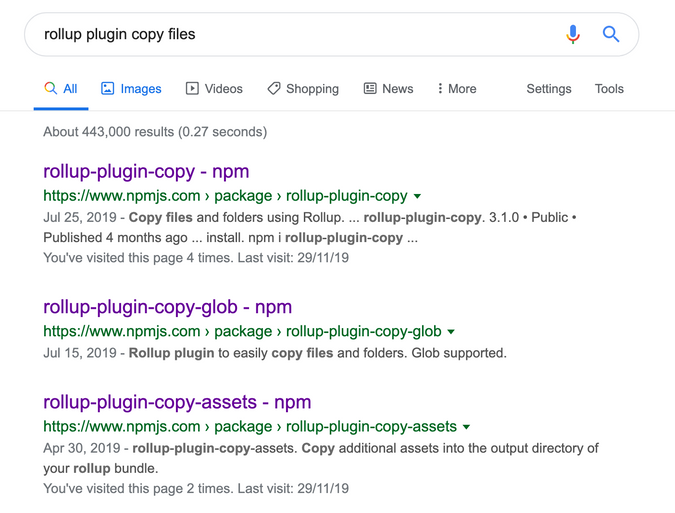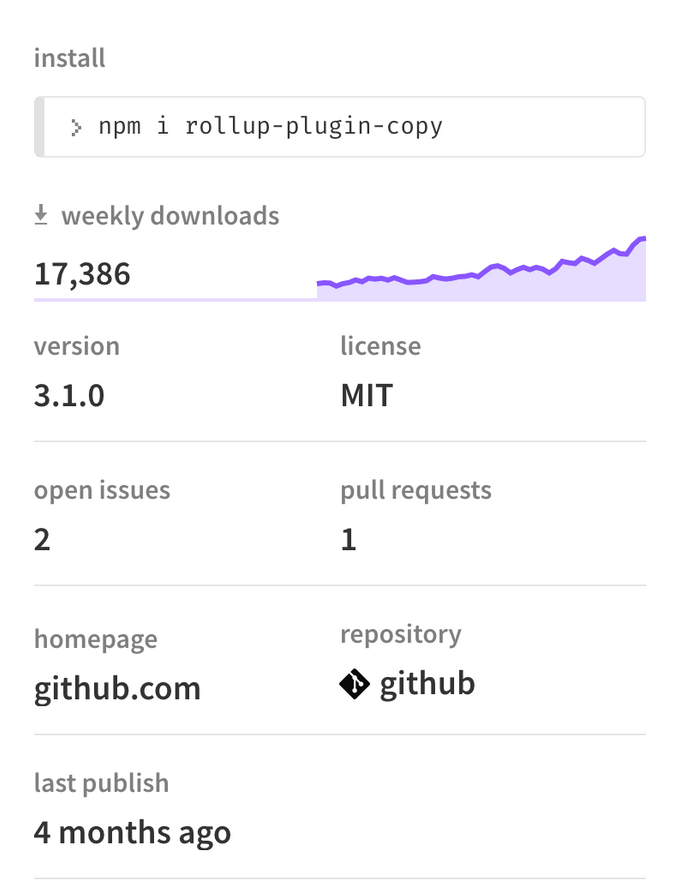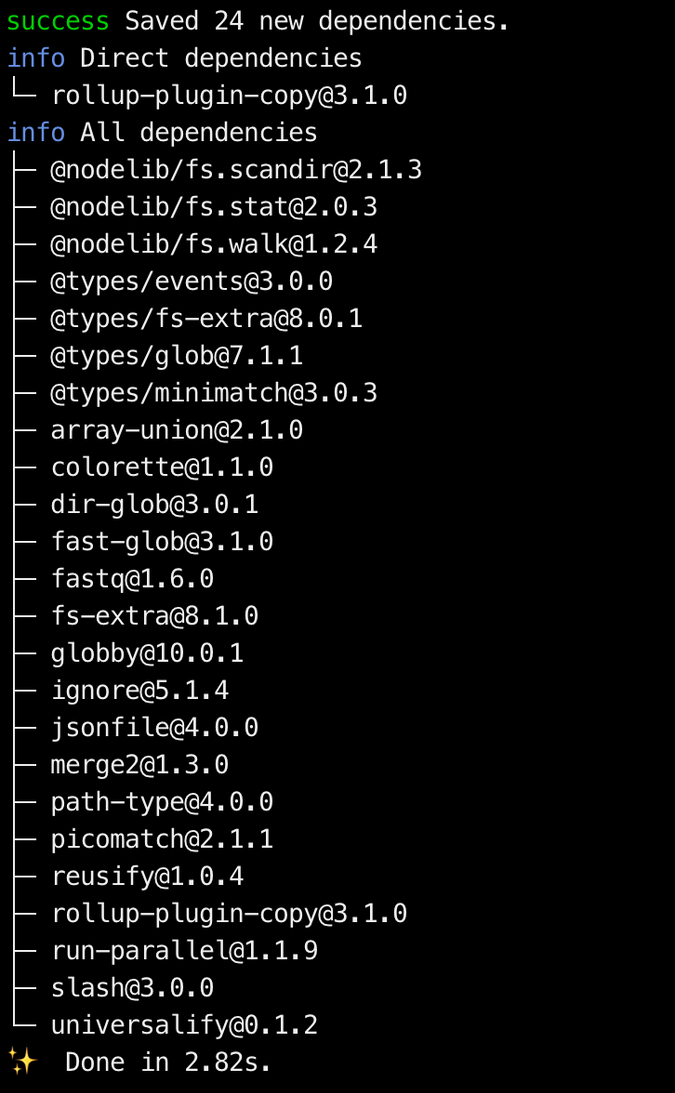Background
I was building a web application using Svelte and Rollup this morning. I needed to use a web worker, which the worker script has to be in another file:
const worker = new Worker('/build/worker.js');So naturally, I was thinking of having 2 entries for my rollup application: the main app and the worker.
It works fine, except the fact that the rollup-plugin-livereload injected a livereload script to every output file:
(function(l, r) { if (l.getElementById('livereloadscript')) return; r = l.createElement('script'); r.async = 1; r.src = '//' + (window.location.host || 'localhost').split(':')[0] + ':35729/livereload.js?snipver=1'; r.id = 'livereloadscript'; l.head.appendChild(r) })(window.document);
// worker code ...The livereload script includes a reference to window, which is not available to the worker script:

I looked into the docs of the rollup-plugin-livereload, it doesn't seemed to have a option to exclude files from adding the livereload script.
At this point, I was thinking to myself, "I just need to copy the worker.js into the 'build/' folder, I don't need anything else, how hard can that be?"
It turns out harder than I imagined. 🤮
Need something? Install a plugin!
In todays JavaScript landscape, there's a "node_module" for everything.
So I googled "rollup plugin copy files", without a suprise, there are multiple rollup plugins published to npm:

So I decided to install the first plugin, because it has the highest weekly downloads:

When I installed the plugin, I realise I was installing much more than I needed:

Remember, my use case is simple:
I just need to copy the worker.js into the 'build/' folder.
I don't need any bells and whistles this plugin is providing me. 🙈
So I uninstalled the plugin, thinking:
How hard is it to write a plugin that just copy the worker.js into the 'build/' folder?
Writing a Rollup plugin
Senpai once told me, "writing rollup plugins is very straightforward,", yet, no one told me how to get started writing it.
So, I dug into node_modules/, and start skimming through the rollup plugins I have installed: rollup-plugin-svelte, rollup-plugin-node-resolve, rollup-plugin-terser, ...
And I noticed a common pattern:
module.exports = function(options) {
// ...
return {
name: 'plugin-name',
load() { /* ... */ },
resolveId() { /* ... */ },
generateBundle() { /* ... */ },
// ...
}
}So I guess, this is the general structure of a rollup plugin:
- It's an object, ...
- with a property called
namefor the name of the plugin, - and functions like "load", "load", ... that would be called by rollup when the time is right 🤔
OK. I know what I need, I need to copy my worker.js when rollup is generating a bundle:
export default {
plugins: [
// ...
{
name: 'copy-worker',
generateBundle() {
fs.copyFileSync(
path.resolve('./src/worker.js'),
path.resolve('./public/build/worker.js')
);
}
}
],
}Great! It works! 😎
But, when I change the worker.js file, the build/worker.js is not updated. 😞
That's because the worker.js is not watched!
After much googling, I ended up reading through the official docs of Rollup.
I learned that the functions like "load", "generateBundle", ... are called "hooks", and the docs explained when these hooks will be called, the arguments and the expected return value.
In the docs, I found this.addWatchFile(id: string) under plugin context, which according to the docs,
[...] can be used to add additional files to be monitored by watch mode.
Sounds exactly what I am looking for! 😁
export default {
plugins: [
// ...
{
name: 'copy-worker',
load() {
this.addWatchFile(path.resolve('./src/worker.js'));
},
generateBundle() {
fs.copyFileSync(
path.resolve('./src/worker.js'),
path.resolve('./public/build/worker.js')
);
}
}
],
}Great! It works! 🎉🎉
Closing Notes
After some researching, I wrote simple rollup plugin in 12 lines of code, that copies the worker.js into "build/" folder.
This is something custom and specific, and it works perfectly fine.
So, why would I install a package that has so many files and dependencies, just to do a simple and specific task?
Am I going to publish my plugin to npm?
No. If you have a similar use case, you are free to copy these 12 lines of code.
At the moment, I am having these 12 lines of code in my rollup.config.js and have no intention to extract it out into its own package.
What about DRY? What if you/someone else have the same use case, wouldn't it great to have it as a package?
Sorry. No. Before DRY (Dont Repeat Yourself), there's YAGNI (You aren't gonna need it).
Abstract code only when you need to.